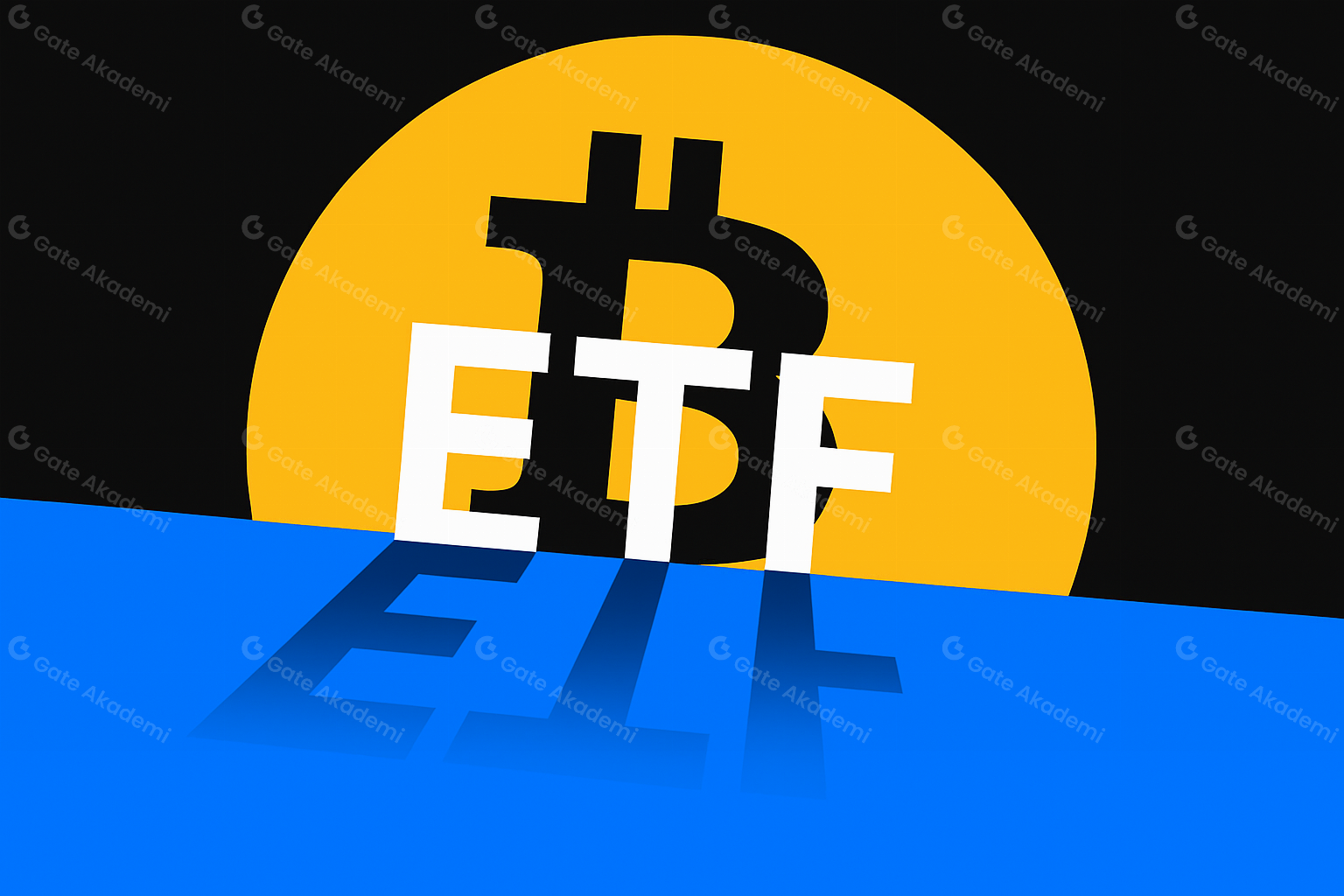Articles
AllAltcoinsBitcoinBlockchainDeFiEthereumTradingTutorialTrading BotsBRC-20DAOMacro TrendsWalletsInscriptionTechnologyMemeAISocialFiDePinStableCoinFinanceModular BlockchainsZero-Knowledge ProofRestakingCrypto ToolsAirdropSecurityProject AnalysisCryptoPulseResearchTON EcosystemLayer 2SolanaMiningHot TopicsSui EcosystemChain AbstractionQuick ReadsVideoDaily ReportMarket ForecastTrading Bots
More
Rise/Fall Color
Change & Chart Start-End Time
Learn by Topic
Latest Articles
More

Beginner
Meme
Altcoins
Dogwifhat (WIF) Nedir?
Dogwifhat, tamamen spekülasyon ve topluluk tabanlı bir girişimle büyük ilgi gören, pembe şapkalı çekici Shiba Inumaskotu sayesinde popülerlik kazanan Solana tabanlı bir meme tokendır.
6/30/2025, 8:07:43 AM

Beginner
Blockchain
JasmyCoin (JASMY) Nedir?
Jasmy, Nesnelerin İnterneti (IoT) teknolojisini entegre ederek verinin demokratikleşmesini teşvik eden bir blockchain platformudur. Temel amacı, bireylerin kişisel bilgilerini güvenli bir şekilde yönetmelerini ve kontrol etmelerini sağlamaktır.
6/30/2025, 7:57:49 AM

Intermediate
Bitcoin
Pakistan’dan Ulusal Bitcoin Rezervi Hamlesi
Bu makalede Bhutan, El Salvador ve Ukrayna gibi küçük ülkelerin Bitcoin politikaları karşılaştırılmakta ve Uluslararası Para Fonu'nun (IMF) bu politikalara karşı temkinli tutumu incelenmektedir. Derinlemesine analizler aracılığıyla Bitcoin'in küçük ulusların ekonomilerindeki çoklu rollerini, sunduğu fırsatları ve karşılaştığı zorlukları ortaya koymaktadır.
6/12/2025, 2:30:30 AM

Intermediate
Bitcoin
Finance
Spot Crypto ETFs: Global Rise and Turkey’s Roadmap
What are spot crypto ETFs, how do they work, and why are they important? In this comprehensive Turkey-based analysis, we explore global ETF trends, the increasing interest of governments and institutional investors in crypto, regulatory frameworks, and future projections in depth.
5/16/2025, 6:11:59 PM

Beginner
Altcoins
Blockchain
What is HyperGPT (HGPT)?
This article offers an in-depth look into the infrastructure, products, and ecosystem of the HyperGPT (HGPT) project, while focusing on the problems that HyperGPT aims to solve.
5/16/2025, 6:10:16 PM

Beginner
Blockchain
Research
The Legal Journey of Cryptocurrencies in Turkey
This content outlines the definition, historical development, underlying reasons, and necessities of cryptocurrency regulations in Turkey.
5/16/2025, 5:54:24 PM

Beginner
Blockchain
Research
Turkey’s Cryptocurrency Potential
This article discusses the growth of the cryptocurrency ecosystem in Turkey, advancements in the blockchain sector, cryptocurrency regulations, and future projections.
5/16/2025, 3:35:03 PM

Intermediate
Blockchain
AI
Bitcoin İçin Yeni Bir Başlangıç mı? Nubit, Babylon, Bitlayer Çatışması
Bitcoin’ın teknolojik evriminin kavşağında, karşımızda üç farklı yaklaşım var: Nubit, Bitcoin’ın yerel ölçeklenmesini ve temel değerlerine bağlılığını savunuyor; Babil, çapraz zincir entegrasyonu ve sermaye verimliliğini öne çıkarıyor; Bitlayer ise başarılı modelleri kopyalayarak pragmatik bir yaklaşım sunuyor.
5/16/2025, 2:02:46 PM
More
